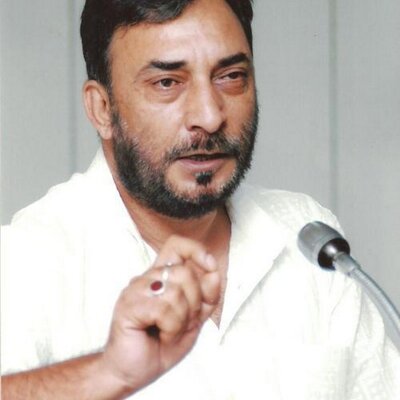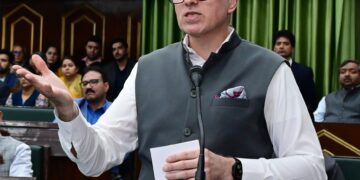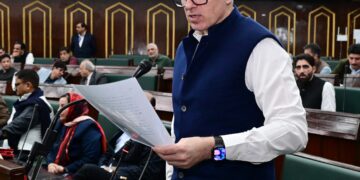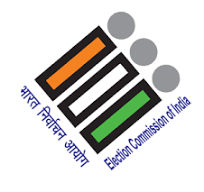 Srinagar: Kashmir’s celebrated poet, playwright, and songwriter Faiyaz Dilbar expressed a mix of emotions upon discovering his lyrics featured on platforms like Spotify and JioSaavn.
Srinagar: Kashmir’s celebrated poet, playwright, and songwriter Faiyaz Dilbar expressed a mix of emotions upon discovering his lyrics featured on platforms like Spotify and JioSaavn.
While initially pleased by the recognition, Dilbar was dismayed to find his work allegedly stolen and used without permission or credit.
The disputed song, “Beyì Sôey Boonìya, suìy shuhla gôch,” from Dilbar’s 2004 Ghazal collection “Haarnìs Taapas Andar,” was included in an album produced by US-based NGO Funkar International. Dilbar contends that the NGO failed to credit him for his composition, a violation of Intellectual Property Rights.
Asmat Ashai, a Kashmiri-American language activist, founded Funkar International in 1999 to promote Kashmir’s traditional art forms, including folk music. Despite the NGO’s purported aim to celebrate Kashmiri culture, Dilbar alleges that his song was misrepresented as a folksong in the album to conceal the infringement.
Dilbar plans to pursue legal action against Funkar International, emphasizing the importance of upholding copyright laws, particularly in light of India’s adoption of the Intellectual Property Rights policy in May 2016.
This case highlights a broader issue of copyright infringement in the digital age, with experts cautioning that global audio streaming platforms often find themselves entangled in legal disputes due to insufficient verification of ownership for third-party content.
Spotify, a prominent Swedish audio streaming service, and JioSaavn, an Indian multilingual music streaming platform, have become pivotal players in the distribution of music worldwide. However, cases like Dilbar’s underscore the need for greater diligence in ensuring the rightful attribution of creative works on these platforms.








